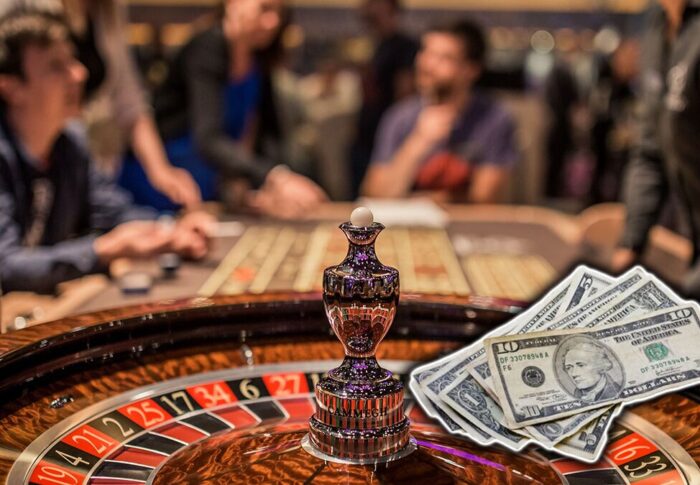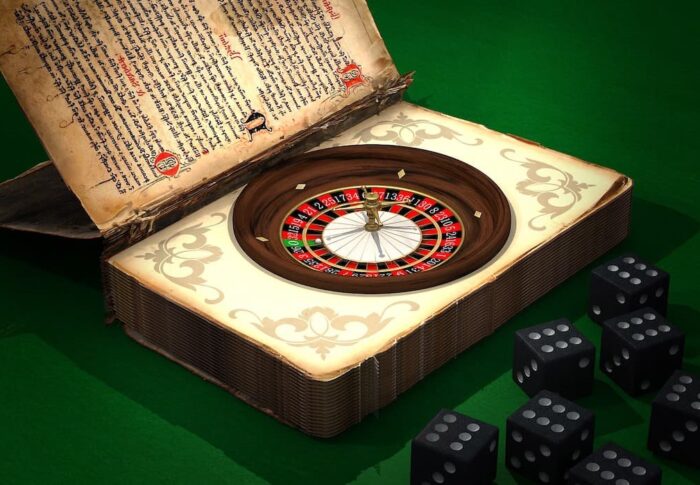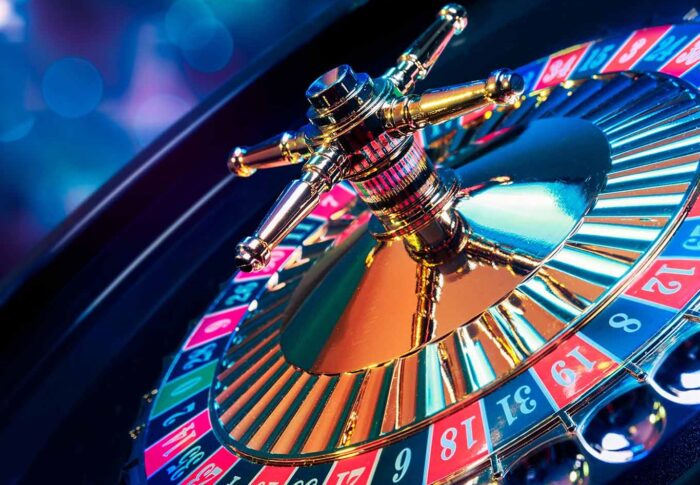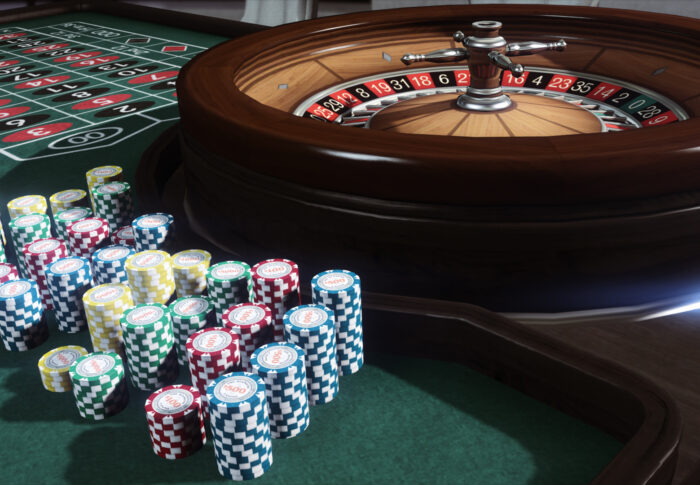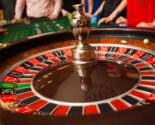
The Psychology of Roulette: Navigating the Mind Game
In the radiant realm of the honky-tonk, where fortunes are achieved and lost accompanying each spin, the game of roulette unveils not only the dance of the wheel but again the intricate interaction of human psychology. Beyond method and bets lies a captivating subjective landscape place emotions, accountable, and perception shatter. Welcome to the world of the attitude of roulette, a realm place understanding the mind game is as crucial as learning the odds.
The Allure of Uncertainty: The Thrill of Chance
Roulette’s attractive appeal lies in allure blend of uncertainty and forethought. The spinning wheel revolutionizes every spin into a attracting journey where hope and trepidation twist. The human brain is connected to seek gadget and experience, and the game depending on luck table offers a constant stream of new moment, triggering the mind’s reward centers and releasing excitement of dopamine that fuels the thrill.
The Gambler’s Fallacy: The Illusion of Patterns
The psychology of game depending on luck is often illuminated for one Gambler’s Fallacy – the mistaken belief that past effects influence future spins. Players may see patterns in the results, leading to the fake notion that a streak of maroon numbers increases the likelihood of a evil number coming up. This intelligent bias can influence decision-making, superior players to make bets established perceived patterns alternatively statistical probability.
Emotional Swings: Navigating Wins and Losses
Roulette’s impassioned rollercoaster is delimited by the swings betwixt wins and losses. Each success triggers exhilaration, while losses can evoke disappointment or disappointment. The therapy of emotional swings can influence performers to make violent decisions, to a degree chasing deficits or increasing bets afterwards a win. Understanding and managing these sensitive fluctuations are essential for maintaining a calculated approach to the game.
The Illusion of Control: An Unpredictable Outcome
The psychology of game depending on luck highlights the strain between the desire for control and the existence of randomness. Players concede possibility exhibit behaviors in the way that blowing on cubes or tapping the table, believing they can influence the consequence. This illusion of control is a mental coping method to mitigate the discomfort of changeableness. While players can create strategic bets, the effect of each spin remains changeable, underscoring the role of chance.
Cognitive Dissonance: Rationalizing Bets
Cognitive discord – the discomfort caused by holding contradictory beliefs – can manifest at the game depending on luck table. After placing a bet, performers might undertake self-justification to join their bets with their requested outcomes. For instance, a performer who bets on angry may prove themselves that red numbers are on account of appear next. Recognizing and lightening cognitive discord is essential for making rational and conversant decisions.
Loss Aversion: The Fear of Losing
Loss opposition, a fundamental psychological idea, is prominent in the world of game depending on luck. Players often supply instructions avoiding misfortunes over seeking gains, chief to cautious or conservative gambling strategies. The fear of falling can impact decision-making, generating players to prevent riskier bets even if the potential rewards are substantial. Balancing risk resistance with the fear of deficits is a delicate subjective maneuver.

Embracing Mindful Play: A Strategic Approach
Navigating the psychology of game depending on luck requires taking advantage of mindful play – an approach that connects awareness of feelings and cognitive biases with clever decision-making. Mindful performers recognize the influence of sentiments, patterns, and cognitive biases on their selections, allowing bureaucracy to make realistic bets based on probabilities alternatively illusions.
Setting Limits: A Psychological Shield
A effective psychological strategy in game depending on luck is setting gambling limits before each session. Clear limits enact a psychological hurdle against impulsive resolutions driven by impassioned swings. By deciding earlier the amount you’re willing to wager, you create a safeguard that shields you from making bets fueled by sentimental highs and holler.
Mind Over Matter: Strategies for Success
To navigate the therapy of roulette efficiently, employ plans that harness the power of the mind:
- Awareness: Recognize the influence of concerns, patterns, and cognitive biases on your resolutions.
- Mindful Play: Make bets based on probabilities rather than heated impulses.
- Betting Limits: Set clear limits to check impulsive resolutions driven by empathy.
- Emotional Resilience: Cultivate emotional elasticity to maintain calmness during wins and deficits.
- Strategic Thinking: Base bets on premeditated odds rather than seen patterns.
Conquering the Mind Game: Roulette Mastery
In the realm of game depending on luck, success surpasses calculating probability and placing bets; it demands mastering the medicine that underpins the game. By understanding the allure of uncertainty, admitting cognitive biases, and embracing attentive play, you transform the game depending on luck table into a canvas place strategy, fervor, and perception gather. The psychology of game depending on luck is a testament to the elaborate relationship ‘tween human nature and the game of chance, pointing out us that true command lies not only in understanding the wheel but in navigating the elaborate labyrinth of the human mind.

